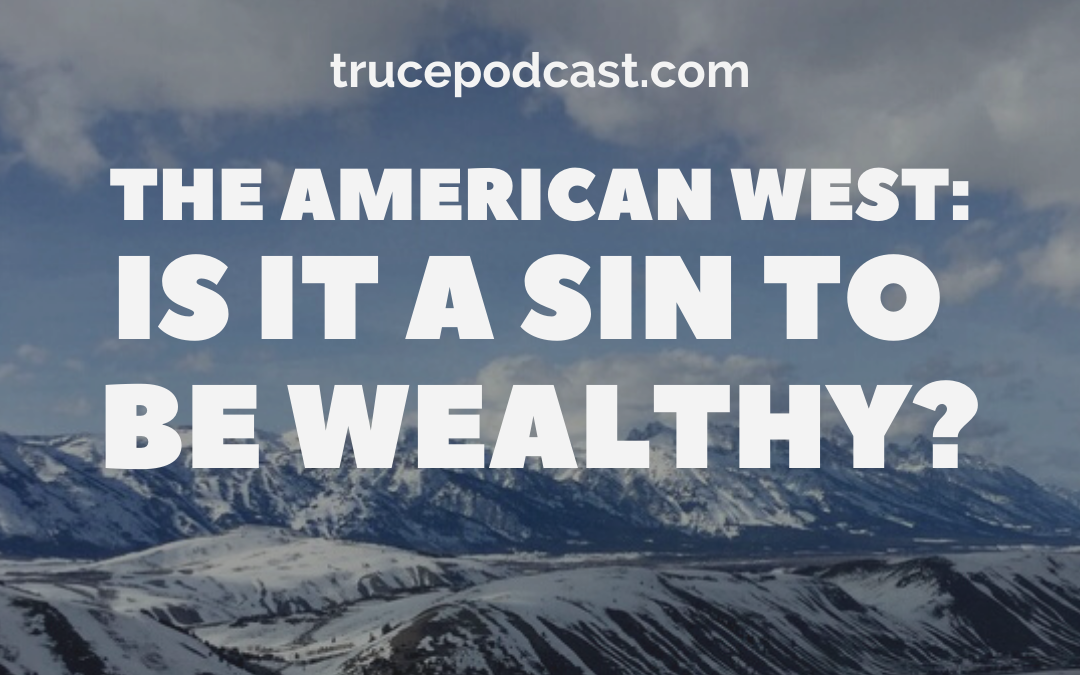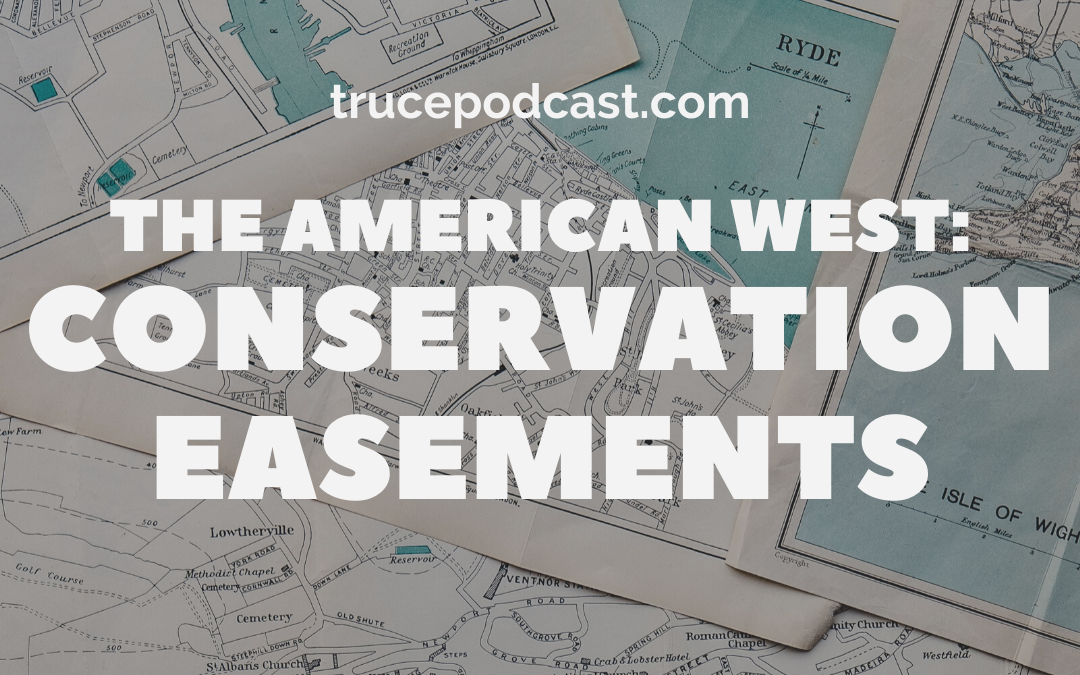
S4:E6 Is It A Sin to Be Wealthy?
What the richest town in the United States can teach us about the rich young ruler and the potential evils of wealth
Jackson, Wyoming is a small tourist town in the middle of nowhere. It is just a few miles south of Grand Teton National Park and Yellowstone. Millions of people pass through each year as tourists. It’s a vacation hotspot. But for those who choose to stay in this region, Teton County is anything but a vacation. Rising income inequality and housing costs have created a hostile environment for working people. The median home price in Jackson went up 47% in 2020 alone, rising to $2.2 million while wages remain stagnant.
We’ve been talking for the last few episodes about myths of the American West, how cowboy myths about a lone rugged individual have shaped the US. Now it’s time to understand how cowboy myths have impacted American Christianity.
Our guest today is Justin Farrell. He’s a sociologist and professor at Yale. His book is Billionaire Wilderness. In it, Farrell recounts his studies of the ultra-wealthy. What makes them tick? What are they afraid of? Why do they dress the way they do? And what draws them to the far western border of Wyoming?
Discussion Questions:
- Read the story of the rich young ruler (Mark 10:17-27). What do you think of Jesus’ warning about wealthy people entering the kingdom of God?
- Many of the tax avoidance practices discussed in this series are legal (except pretending to live in one place while living in another). Do you think that legality and morality are tied together?
- Are these practices moral?
- What types of friction do you experience in your own life?
- How would more money change the level of friction you encounter?
- How would less money change the level of friction you encounter?
- Do you think that friction is a valuable thing to pay attention to in our lives?
- What is the role of empathy in a Christian’s life?
- How do you use money to benefit yourself as opposed to others?
Helpful Links:
- Justin Farrell’s book Billionaire Wilderness
- NY Times article about President Trump changing his residence to get out of paying taxes
- Book The Velvet Rope Economy about inequalities in health care, airlines, services, and even Disney World.

